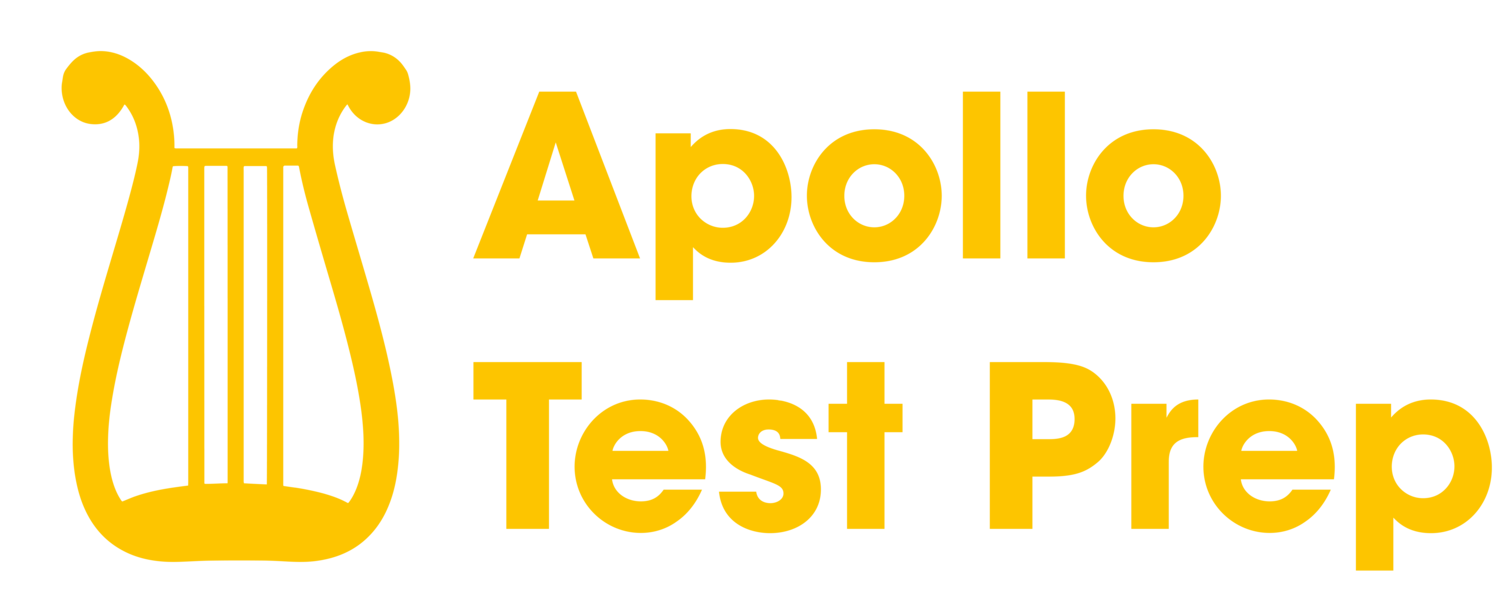LSAT Explanation PT 41, S1, Q19: Film critic: There has been a
LSAT Question Stem
To which one of the following principles does the film critic's commentary most closely conform?
Logical Reasoning Question Type
This is a Principle question.
Correct Answer
The correct answer to this question is E.
LSAT Question Complete Explanation
In the passage, the film critic discusses the recent trend of "documentary" films that claim to present the "true story" of historical events but are filled with inaccuracies and wild speculations about conspiracies. The critic acknowledges that freedom of speech allows the filmmakers to express their views but argues that this doesn't mean anyone should pay attention to the absurd views in these films. The argument's structure is as follows:
Premise: There are documentary films with inaccuracies and wild speculations.
Premise: Filmmakers claim freedom of speech entitles them to express their views.
Conclusion: People don't have to pay attention to the absurd views in these films.
To better understand the argument, let's use a simple example: Imagine a friend tells you a story about how aliens built the pyramids. They claim they have the right to express this view because of freedom of speech. While they are entitled to express their opinion, it doesn't mean you have to take their claim seriously or believe it.
An "Evaluate" question for this argument could be: "Do the inaccuracies and wild speculations in these films significantly impact the overall credibility of the films?"
Now let's analyze the answer choices:
a) Although filmmakers are entitled to express absurd views, they are not justified in doing so.
- This choice doesn't strengthen the film critic's argument, as it adds a judgment about whether filmmakers are justified in expressing their views, which is not the main focus of the argument.
b) Everyone ought to ignore films containing wild speculations about conspiracies.
- This choice is too extreme, as the film critic's argument is focused on not having to pay attention to the absurd views in the films, not necessarily ignoring the films altogether.
c) Freedom of speech sometimes makes the expression of absurd views necessary.
- This choice doesn't strengthen the argument, as it introduces the idea that freedom of speech may require the expression of absurd views, which is not part of the film critic's argument.
d) Freedom of speech does not entitle filmmakers to present inaccurate speculations as truth.
- While this choice is related to the argument, it doesn't strengthen it because the film critic already agrees that filmmakers have the right to express their views. The focus of the argument is on whether people should pay attention to the absurd views in the films.
e) Views that people are entitled to express need not be views to which anyone is obliged to pay attention.
- This choice accurately captures the film critic's argument and strengthens it by stating the principle that just because someone is entitled to express their views, it doesn't mean others are obliged to pay attention to them. This is the correct answer choice.
